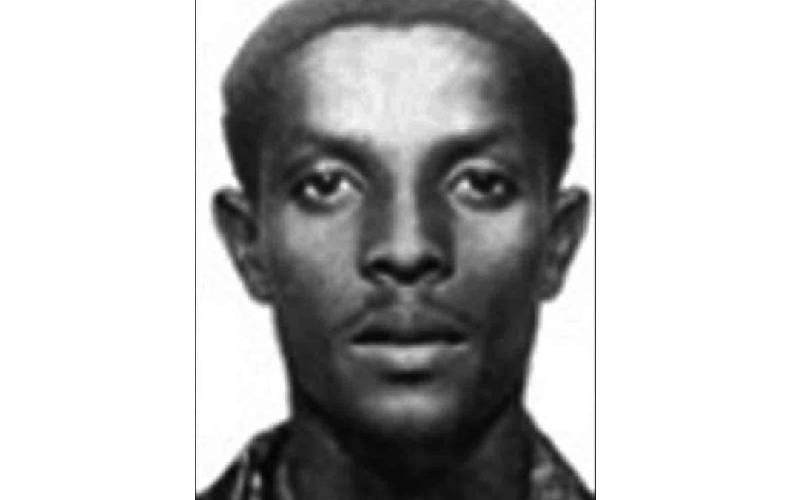×
The Standard e-Paper
Smart Minds Choose Us

Fazul Mohamed fled to Somalia after he declared himself the mastermind of the US Embassy bombing in Nairobi in 1998.
While there he assumed a leading role in Al Qaeda's East Africa operations.